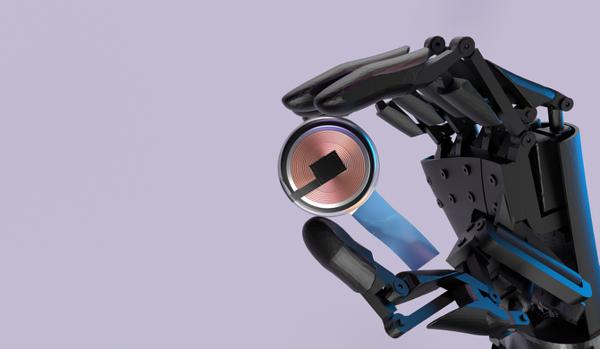Neuralink Claims First Successful Human Brain Implant
Neuralink, the neurotechnology firm led by entrepreneur Elon Musk, has reportedly achieved a significant milestone by successfully implanting its first brain device into a human, following the Food and Drug Administration's (FDA) approval for human trials last year.
The announcement was made by Musk on X, where he stated that the patient is "recovering well" and the initial observations indicate promising neuron spike detection capabilities.
Named Telepathy, the implanted device is designed to enable individuals to control digital devices such as phones and computers simply through thought. This innovation aims particularly to assist people who have lost limb functionality, offering them a new avenue for interaction with technology. Musk’s vision extends to facilitating communication speeds for individuals with severe physical limitations to exceed those of conventional methods.
Despite its forward-thinking goals, Neuralink's project has been met with skepticism from the scientific community, particularly concerning its claims to potentially address complex conditions such as autism and schizophrenia. Critics argue about the feasibility of such promises, given the current understanding of brain diseases like Alzheimer's and the technological limitations of brain stimulation.
The path to this development has not been straightforward. Neuralink faced initial hurdles, including FDA rejections due to safety concerns regarding the implant's potential to overheat or shift within the brain. Nevertheless, the regulatory body granted approval in May 2023, leading to an influx of volunteers for the trial, especially from individuals suffering from spinal cord injuries or amyotrophic lateral sclerosis (ALS).
Neuralink’s broader ambition is to facilitate a form of direct thought communication and interaction, paving the way for a future where brain implants could enable people to send messages or play games using their thoughts alone. Musk has even hinted at the eventual goal of achieving a symbiotic relationship with artificial intelligence, enhancing human cognition and processing speed. However, such prospects have elicited cautionary responses regarding both the technological feasibility and ethical implications of merging human cognition with AI at such an intimate level.
As Neuralink continues with its trials, the dialogue between its technological aspirations and the scientific, ethical, and practical realities will likely intensify. The initial success of the Telepathy implant marks a notable point in the ongoing exploration of how neurotechnology can expand human capabilities and address neurological disorders.
Topics: NeuroTech
